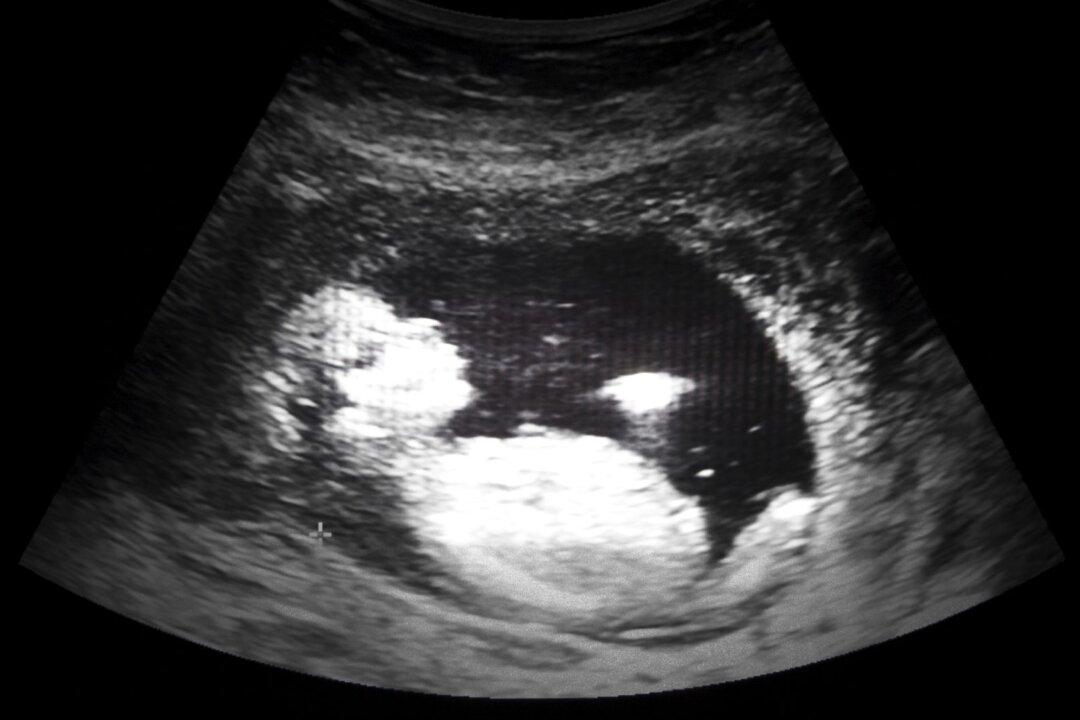A federal appeals court on April 4 upheld a Kentucky law requiring doctors to perform an ultrasound as well as show and describe the images to the patient before an abortion.
The judges from the 6th U.S. Circuit Court of Appeals ruled 2-1 (pdf) that the Kentucky law did not violate the first amendment rights of doctors, saying that there is nothing suspect about requiring a doctor, before performing an abortion, to give truthful, non-misleading factual information that is relevant to the patient’s decision-making.




